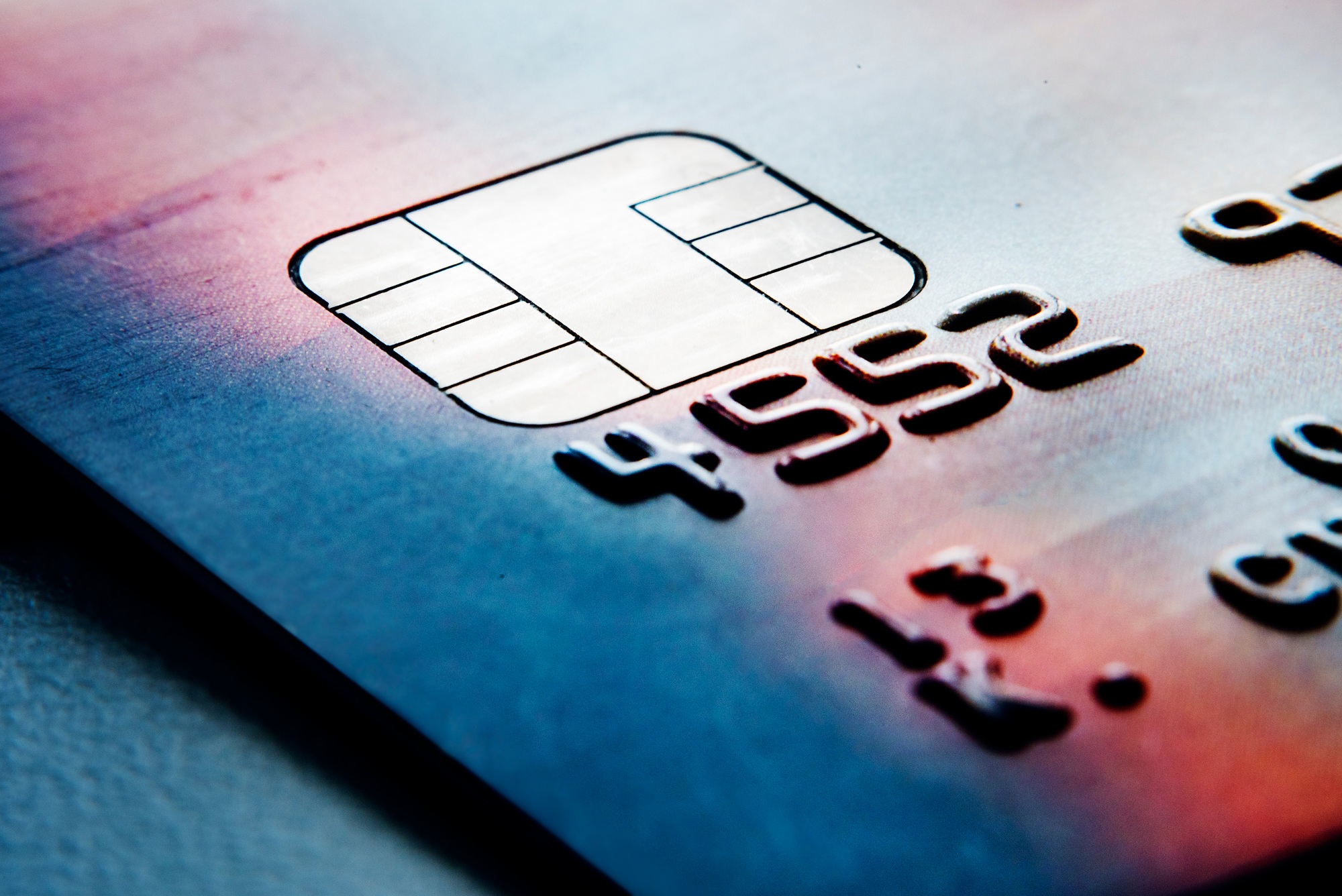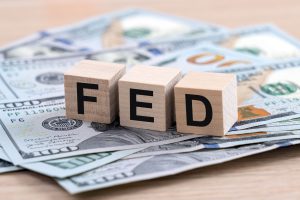The Trump administration on Monday asked a federal court to permanently block a Biden-era rule that capped credit card late fees at $8, aligning with business and banking interests who argue the measure is both unlawful and overreaching. The move marks a significant reversal from the Consumer Financial Protection Bureau’s (CFPB) previous stance under the Biden administration and underscores a broader effort by the current White House to roll back consumer financial protections.
Rule Halted Amid Legal Challenges
The rule in question was part of President Joe Biden’s broader campaign against “junk fees”, which aimed to reduce hidden or excessive costs across industries. Specifically, the regulation would have prohibited large credit card issuers—those with over 1 million active accounts—from charging late fees above $8, unless they could demonstrate higher costs to justify those charges.
However, in December, U.S. District Judge Mark Pittman, a Trump appointee, blocked the CFPB from enforcing the rule, stating it violated the 2009 Credit Card Accountability and Disclosure Act. That law restricts abusive practices by card issuers but does allow for penalty fees in certain cases.
Instead of appealing Pittman’s decision, the Trump administration has now asked the court to terminate the rule entirely, signaling its alignment with industry arguments that the CFPB overstepped its legal mandate.
CFPB Under Pressure
The filing follows ongoing tensions between the Trump administration and the CFPB, a consumer watchdog agency created after the 2008 financial crisis. Trump has previously attempted to dismantle the agency, and though courts have blocked its outright elimination, a recent federal appeals ruling allows the administration to lay off staff and curtail its authority.
Critics of the CFPB—largely from the banking industry and Republican lawmakers—have long contended that the agency operates without sufficient oversight, accusing it of pursuing aggressive enforcement actions that exceed its congressional mandate.
Broader Implications for Consumers
Consumer advocates warn that overturning the late fee cap could reopen the door to excessive penalties for everyday users, particularly low-income individuals who are already vulnerable to debt cycles. Supporters of the rule argue it would have saved Americans billions annually in unnecessary fees and forced transparency among credit card issuers.
The court’s final decision is pending, but the Trump administration’s action suggests a sharp departure from recent consumer-focused financial reforms—and a continued shift toward industry-friendly regulatory policy.








